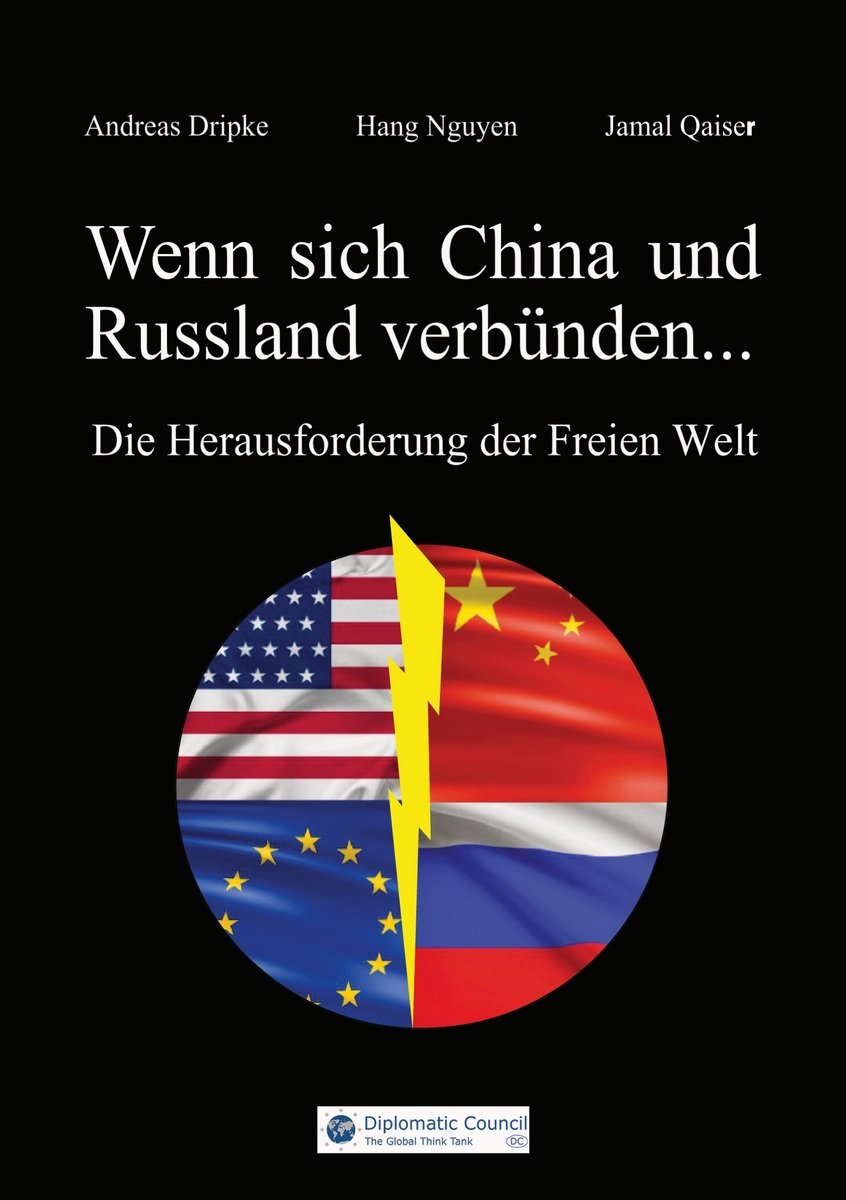Am 24. Februar 2022 startete Russland die Invasion der Ukraine. Nur 20 Tage zuvor hatten der russische Präsident Wladimir Putin und der chinesische Staatschef Xi Jinping einen "Bündnisvertrag" unterzeichnet. Das war kein Zufall: Peking und Moskau stehen sich näher, als im Westen gemeinhin wahrgenommen. Die beiden Länder sind keine "engsten Freunde", aber sie sind vereint in dem unbändigen Bestreben, die Supermacht der Vereinigten Staaten von Amerika zu brechen. Und beide Länder haben sich einem gemeinsamen Gesellschaftssystem verschrieben: dem Kommunismus. Dieser steht dem westlichen Menschenbild von rechtsstaatlicher Demokratie und individueller Freiheit diametral entgegen.Wenn sich der bevölkerungsreichste Staat der Erde, die Volksrepublik China, und das flächenmäßig größte Land auf diesem Planeten, die Russische Föderation, gegen den Westen verbünden, sind unsere Demokratie, Freiheit und Rechtsstaatlichkeit in akuter Gefahr. Es gibt keinen Weg für Europa, sich aus diesem Kampf der Welten herauszuhalten. Aber es besteht die Möglichkeit, sich eindeutig zu positionieren, um in einer unsicheren Zeit ein Maximum an Sicherheit für die Bevölkerung Europas zu erzielen.Der Sachbuchautor Andreas Dripke, die UNO-Beraterin Hang Nguyen und der Friedensaktivist Jamal Qaiser zeigen in diesem packend geschriebenen Buch anschaulich auf, was passieren kann, wenn sich China und Russland verbünden. Soviel sei verraten: Es ist nichts Gutes!



